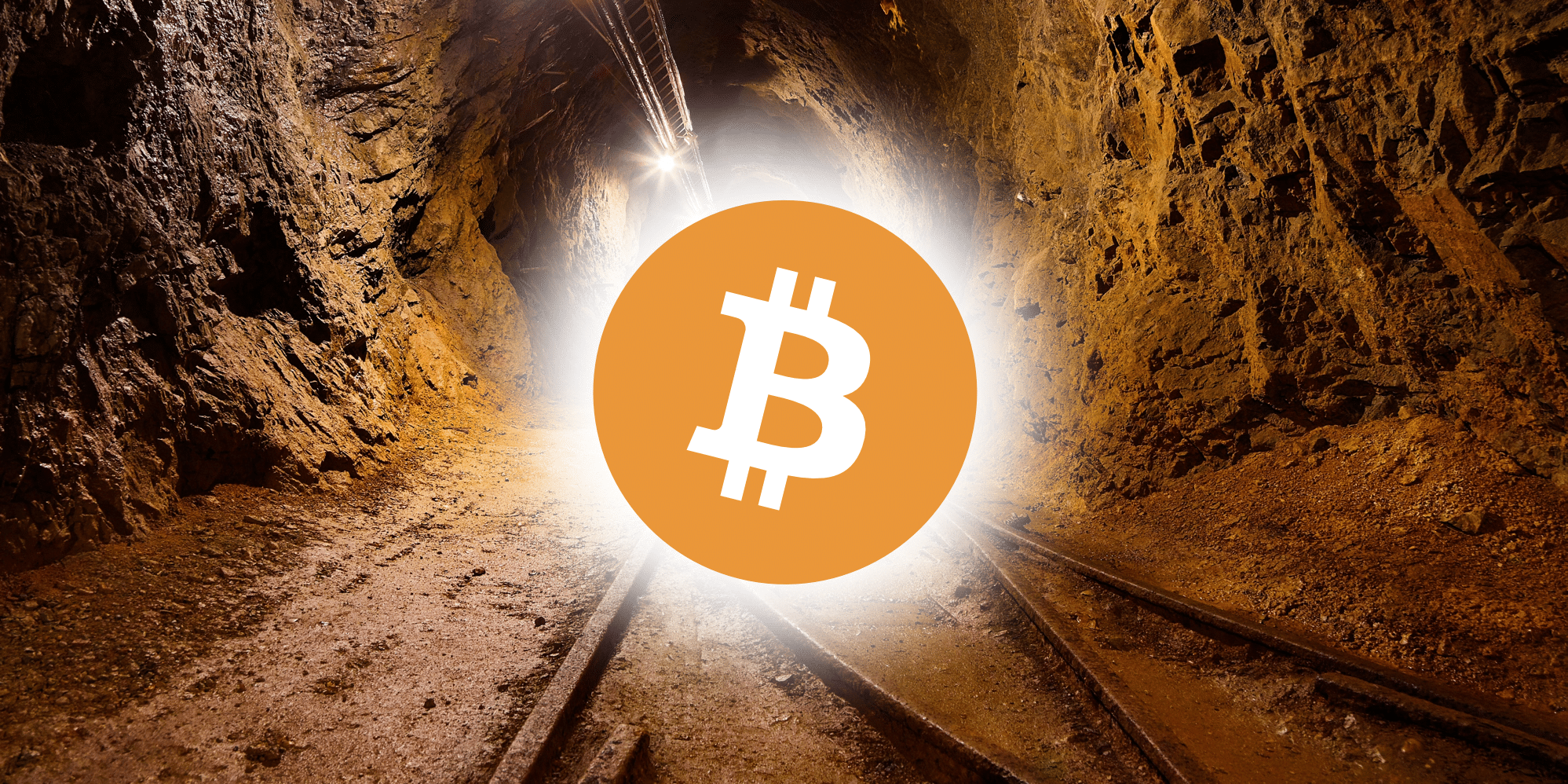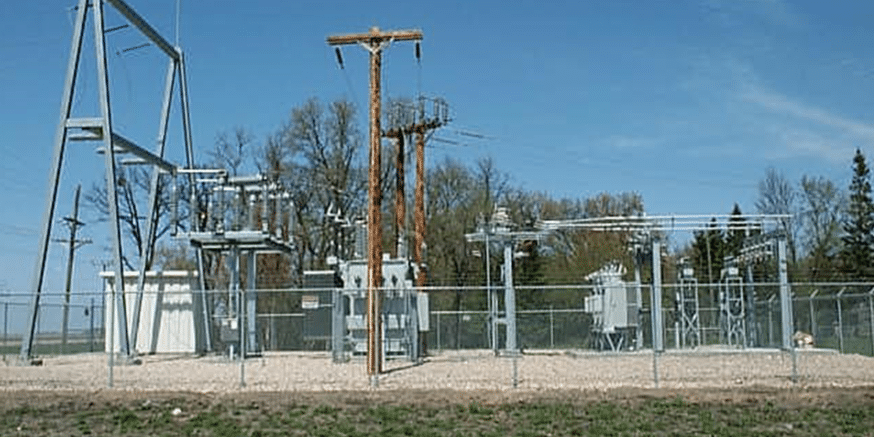DMG Blockchain Solutions, a cryptocurrency mining company that also provides blockchain solutions, is currently setting up an 85-megawatt crypto mining substation and transformer. This is in a bid to expand its mining operations.
According to a statement released by the company on July 26, 2018, the new substation will be connected to the main power grid. It is set to begin full operations in September, and will operate with the support of the local government and electricity providers.
This move will enable the company to expand its Mining-as-a-Service (MaaS) operations for clients, as well as use the facility for its own private projects. It’s hosting capacity will also get a boost of over 20 times. After completion, the facility will be among the largest on the continent.
According to the company statement, building a substation will also allow it to adopt a hybrid model that will help it meet capital requirements, increase returns and benefit from consistent revenues.
Canada is currently set to become a prime crypto mining destination because of its supportive ecosystem to blockchain and cryptocurrencies.
Favorable legislative policies, and the availability of cheap electricity exclusively for miners, at least initially, had pushed it into fast becoming a major crypto mining haven at the beginning of the year.
This is not to mention its cold weather, which is instrumental in bringing down electricity costs associated with air conditioning for mining devices.
The Upsurge in Cryptocurrency Mining
Earlier this year, Canada caught the attention of crypto-mining enthusiasts, especially following a move by the Chinese government to curtail cryptocurrency related operations. This led industry analysts to predict a major exodus of miners from the Asian nation to Canada.
A ban on cryptocurrency exchanges and initial coin offerings were among the first official moves undertaken by the Chinese government to bring down cryptocurrency mining and trading expansion efforts.
While these anti-crypto events were unfolding in China, Canadian electricity companies such as Hydro Quebec were grappling with power surplus issues.
According to a statement released by the company, it had a power surplus equivalent to 100 terawatt-hours for more than 10 years. To put this in perspective, one terawatt hour can power about 60,000 homes for a year.
To utilize this energy, the company reached out to bitcoin miners who came into the country in droves. It lured in over one-half of the world’s biggest blockchain players.
In June, however, the government of Quebec announced a block on all hydropower requests from digital currency mining operators. This was so that Hydro-Québec could continue providing electricity to the rest of the country.
The ban was later on lifted, with a structured rates system being introduced for miners. Forced load shedding would also kick in during peak times.
The policy change would ensure greater economic benefits as well as stabilize power supply, according to Hydro-Québec spokesperson, Marc-Antoine Pouliot.
Image Credit: Wikimedia
[thrive_leads id=’5219′]
Never Miss Another Opportunity! Get hand selected news & info from our Crypto Experts so you can make educated, informed decisions that directly affect your crypto profits. Subscribe to CoinCentral free newsletter now.










